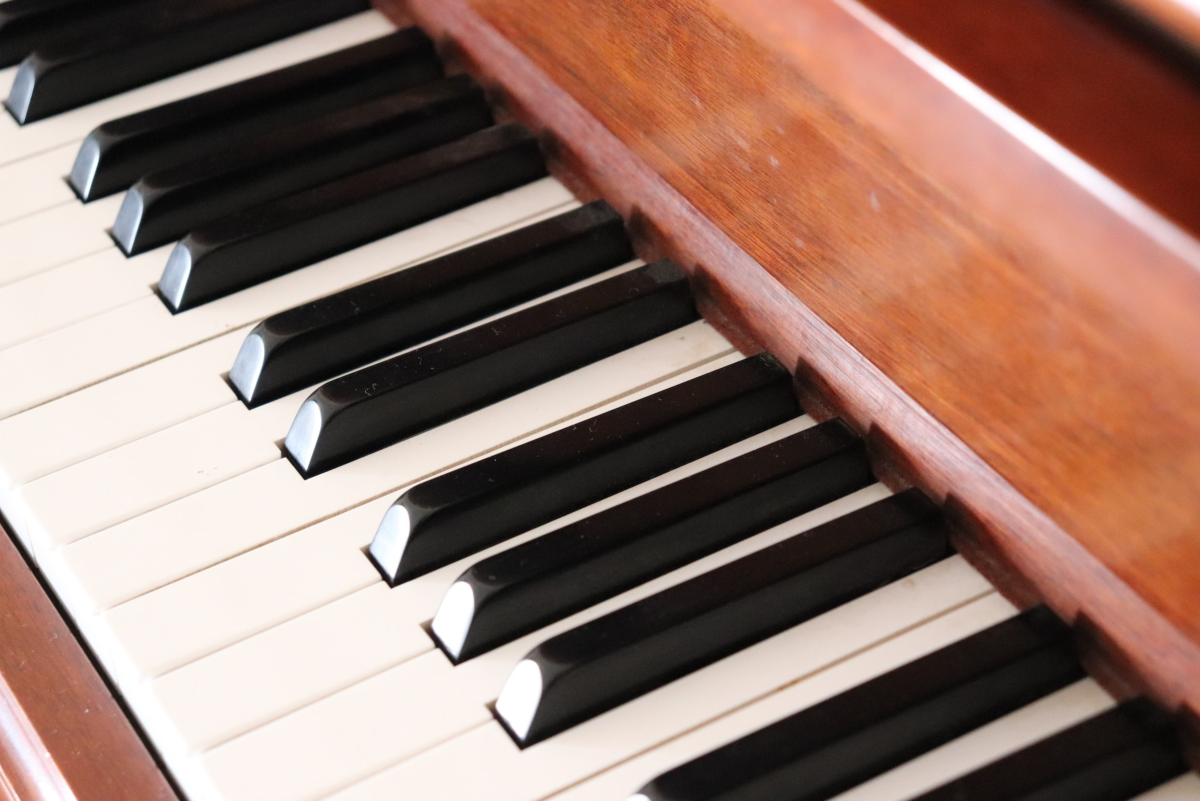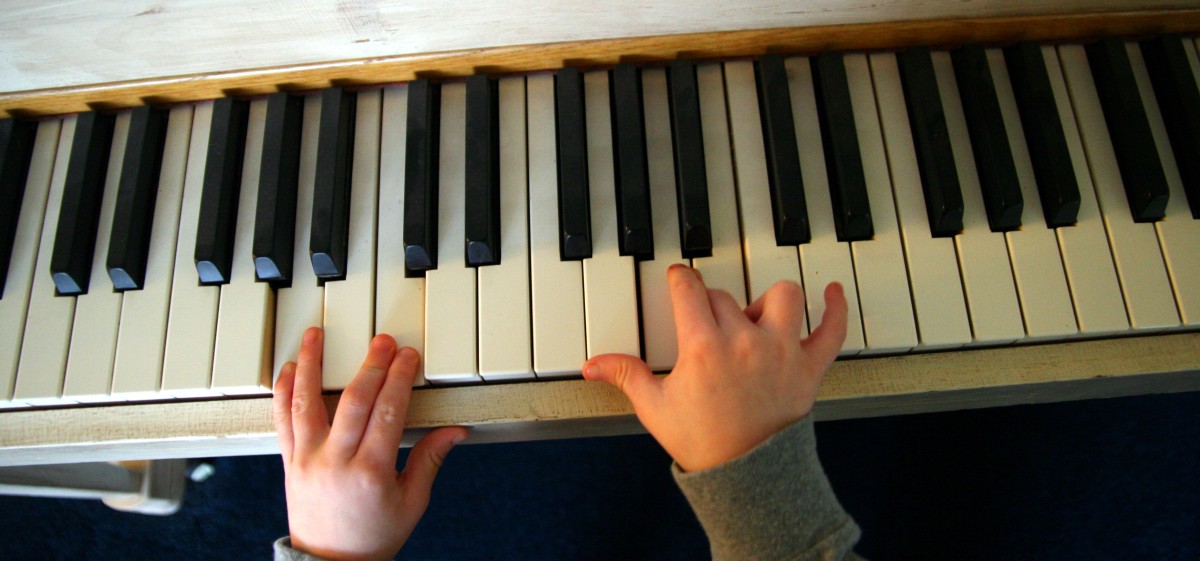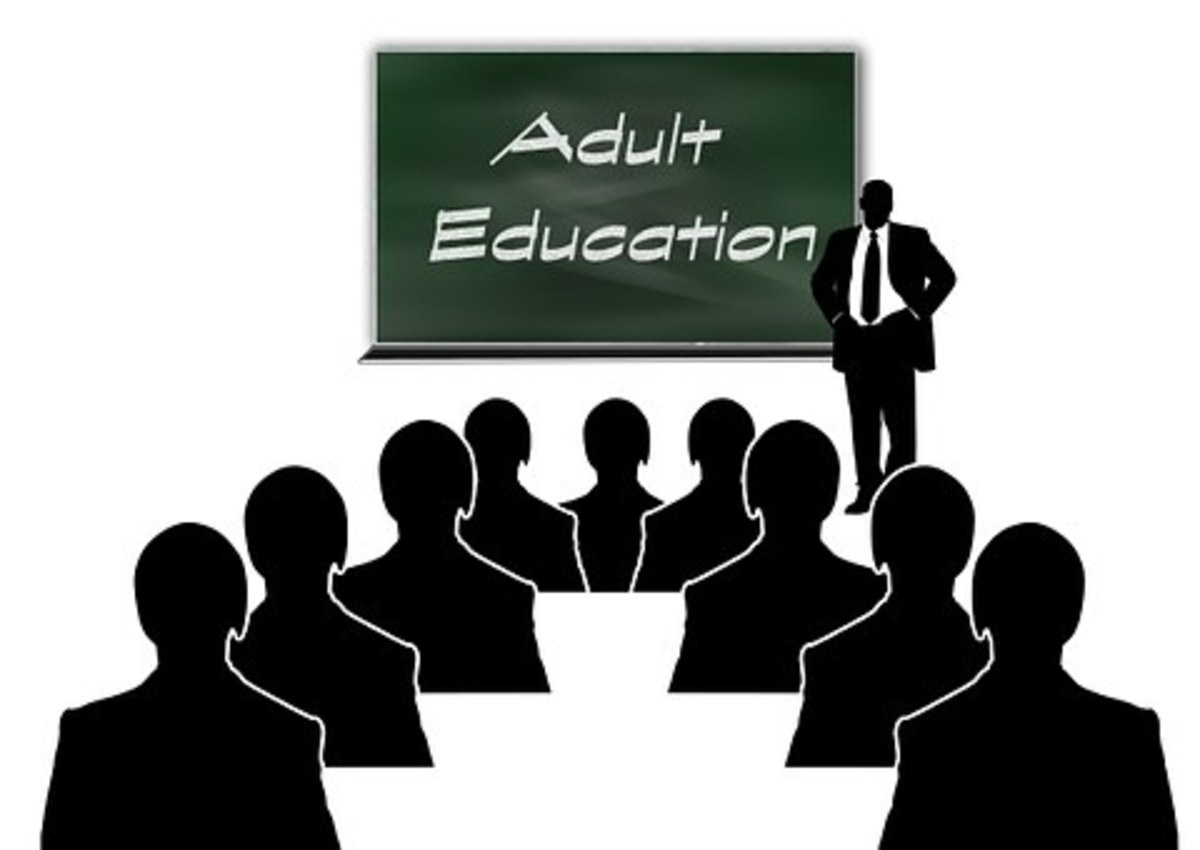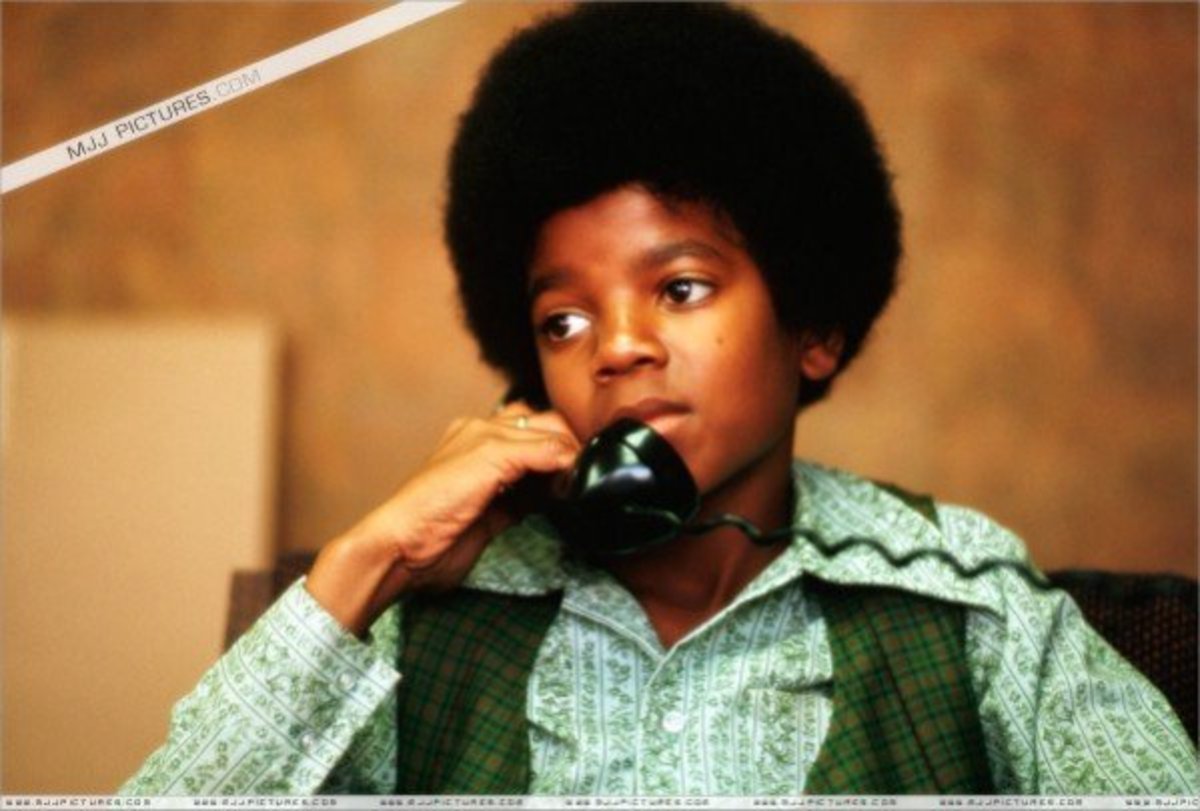Learning Piano as an Adult
Leaning piano as an adult is like re-learning how to learn, and then being told to make something pretty.
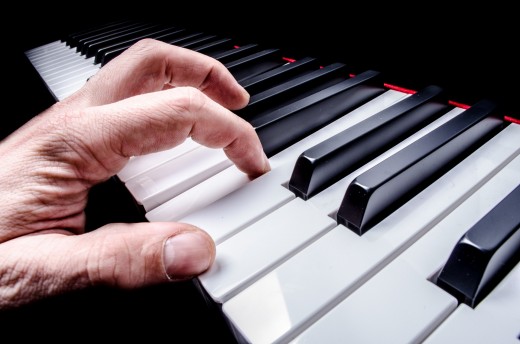
New Pianist vs. Old Mind
You might be in your early thirties, or in your retirement in your sixties. Wherever you are as an aspiring you musician, you have come to the right place! You want to be able to play piano! It doesn't matter why, it matters how you can get there and it's very simple - want it.
Age is not a limitation at the piano. Even the oldest, most arthritic person can learn to play a decent Ode to Joy. Your mind is much more developed than a youngster's, so do not underestimate the power you have inside you. Age is fleeting. Art, such as music, is multi-generational.
There are a few things you need to know before you start learning piano.
-
Practice is required.
-
You must do the theory (writing) assignments for comprehension purposes.
-
Your schedule will be interrupted
-
There is always someone better than you
-
Music can never be "fully learned."
-
No, you will not be able to play Mendelssohn's Wedding March for your daughter's wedding in a few weeks.
-
You can do it with encouragement, and perseverance.
-
Slow and steady wins the race.
-
Never give up, just take breaks.
-
Your teacher can guide you to success.
1. Practice is required
Make no arguments about it, nothing done well is ever done right without practice, patience and due diligence. Becoming a master virtuoso doesn't just occur over night, and you shouldn't expect someone it. Think of how good a cook you are. How did you learn? Have you perfecting poaching an egg and can you do it consistently (5 or more times in a row)?
You must make the time in your schedule and day to practice, and take lessons. These can be routine, or they can be spontaneous. However it works best for you is not an issue. Some older folks have more difficulty sleeping, waking, or with household chores. Make your time at the piano work around this, and be strict with yourself. You must make an effort to practice in between each lesson.
2. You must do the theory (writing) assignments for comprehension purposes.
Make all the fuss you want, but a well oiled machine still needs its nuts and bolts. You cannot read or understand that which you cannot write. Just like drawing letters on paper, you must be able to draw or write out notes, symbols, and terms in music. It's not rocket science. The kindergartner learns to read and write at the same time. Since music is a language requiring serious study, you must also learn to read and write at the same time. If it worked for little Timmy down the street, it can work for you if you just give it a try.
3. Your schedule will be interrupted
Every adult has a routine. We get up around the same time every day, we have the same duties and responsibilities, we generally eat at the same times, etc. You will feel like you're almost adding a new job to your normal schedule and stress load when you begin lessons. You must be prepared for this. It will feel like a lot ... even if not at first, later it will. Not every lesson will require the same amounts of practice either. It is your responsibility to commit to your study by creating time to work on your music.
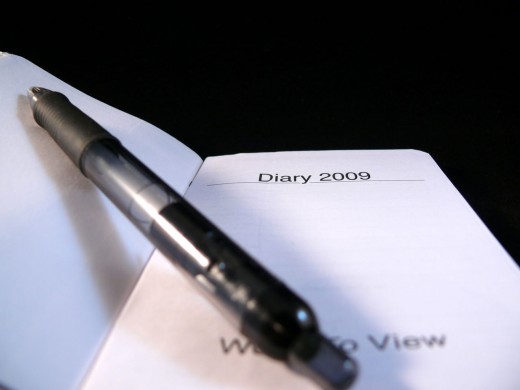
4. There is always someone better than you
Instead of focusing on what you cannot do, focus on what you can. Celebrate the small successes, they were once big for other players too. Just figured out what the fingering to the C Major scale is? Great! Instead of looking at all the youngsters or hashing out the "shoulda, woulda, couldas," you can get more done and make progress by focusing on the task at hand. At the end of the day, there is always someone better. It's a fact of life. Let's just shift our focus and live it up!
5. Music can never be "fully learned."
Music is a pursuit, a lifelong adventure of learning, discovering, and exploring. Your work is never truly "done." A true student understands this truth, and can accept that it may take years of lessons to learn how to learn on one's own. The job of the teacher is to teach the concepts, to demonstrate practice, to lend support, answer questions, and guide the student through learning. At some point, there may no longer be a need for a teacher, but that is the point where one can then teach themselves.
6. No, you will not be able to play Mendelssohn's Wedding March for your daughter's wedding in a few weeks.
Let's be glaringly honest: learning one song for a special event will not work. You need a massive amount of understanding in the concepts, practice in them all, and finite work on technical skill before performance is even an option. Sure, I have kids that play "Mary Had A Little Lamb" in recital, but expectation will absolutely not meet reality when if comes to one-off requests such as this.

7. You can do it with encouragement, and perseverance.
Nothing of value is ever won easily. As an adult, you need to surround yourself with supportive people. Look to your family and friends for those who are willing to keep you accountable and give you praise when you accomplish even the smallest of skills. If you have a difficult time with this, look for a fellow student to befriend, or search for a group of adult learners online where you can get this encouragement. Have the patience and diligence of a saint, and give yourself grace. We all struggle in our own ways, so don't let that burden fall off your back. You can do it!
8. Slow and steady wins the race.
As an adult, things are learned a little more slowly and methodically when it comes to work with our hands. Don't be in a hurry, we all work at a different pace. When we rush, we get burned out much faster than if we take things in stride. Frustration and and anger are natural, but never bring them to the keys or you'll only act upon those emotions and dissociate. A two-paged piano work could take 4 weeks of good practice, or 4 months of good practice.
9. Never give up, just take breaks.
The best advice I give people is to step away, take a break. Sometimes it's a break for 20 minutes, sometimes it's a break for a week. Research has actually shown that routine is good up to a point, so don't be afraid to pull the plug for the day. But, let it be just a day. Don't give up! You're almost there. The door of all understanding and knowledge in music is open - you just need to keep on another day until you step through it. Talent is rarely born, most often learned. Remember this!

10. Your teacher can guide you to success.
The teacher's duty is to the student, not the music. Find a teacher that will give you the tools with which to succeed, and hold on tight for the ride! Ask questions, receive insight and corrections that are designed to push you to become the best version of yourself. Your teacher should be clear with you on expectations, give you advice on how to practice, and hold your hand every step of the way through the learning process. This is your path to successful music making.

